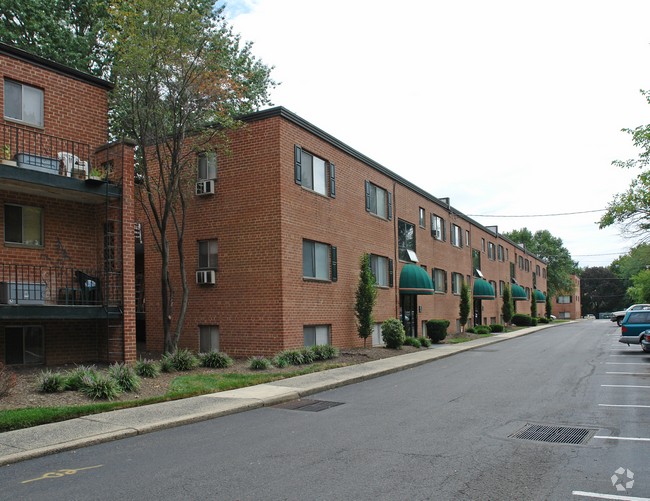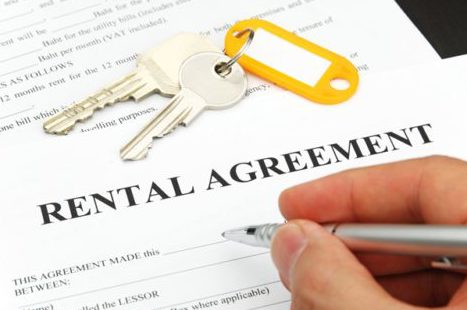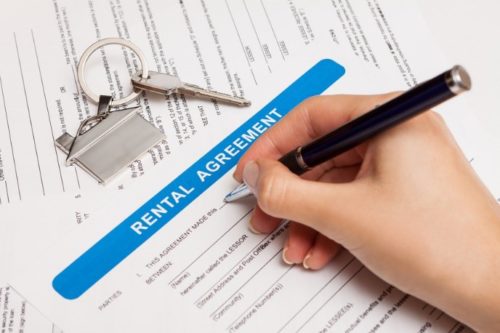As a rental property owner, you are often a plumber, electrician or decorator, but you are probably not a lawyer.
Since rental agreements are contracts and states have laws that specifically impact landlords and tenants, legal pitfalls can open up underneath you.
Everything from poorly written rental agreements to responsibilities not outlined in a lease can crop up.
Tell Landlords about NationalEvictions and the information that can help them!
Everything starts with the lease. You can find generic lease documents at many stores, but what they don’t tell you is that those forms are not enforceable in every state. A single clause can render the entire document unenforceable. Be sure to talk with a real estate legal professional before choosing a lease document.
Know your responsibilities. In addition to the interior of your property, most states also require landlords to maintain the exterior. For example, landlords may be responsible for snow removal and keeping grass cut to within legal limits. There may be a way to transfer those responsibilities to the tenant, but you would need to make sure that was clearly spelled out in the lease and legal in your area.
Keep marketing clean. Before you post any ad or market an empty property, keep in mind that there are fair housing laws that specifically prohibit you from discriminating against prospective renters. This means you can’t advertise to exclude families with small children or avoid a specific age group, in addition to a variety of other protected classes. Essentially, you should not be asking questions about a tenant’s family situation, race, religion, or age when making a rental application decision.
Screen tenants carefully. Even though careful screening should be a foundation of your rental business, asking the wrong question during an interview can be just as damaging as using the wrong language in an ad. Sure, you might not have made your decision to reject a tenant because they have small children, but asking could give them ammunition for a fair housing complaint.
Obey privacy laws. Yes, you have the right to visit your property, make repairs and ensure it is taken care of. Your tenant has the right to privacy. Different states have different laws regarding how much notice you must give a tenant before visiting the property. Always notify tenants in writing of your intent to visit so they can make arrangements to be home. A single major violation could cost you significantly in damages.
Keep late fees reasonable. No one enjoys dealing with frequent late payments, and the temptation is to charge punitive late fees to avoid the issue. Keep in mind that many states are now asking for proof of damage surrounding late fees. Excessive amounts might lead to a judgment against you that can become a major problem if every tenant jumps on board. A reasonable fee is defensible; an unreasonable fee is not, unless you can prove the financial losses due to the late payment.
Return security deposits in a timely manner. Security deposits are only to be used for maintenance in excess of normal wear and tear. If a tenant leaves the property dirty, you could deduct a cleaning fee. If there is unapproved paint, you could charge the tenant for the repainting. You can’t simply keep the security deposit or deduct more than the cost of the repairs. You also can’t use the deposit for any refurbishing on the property. Courts can assess fees that equal three times the deposit or more, so keeping the security deposit too long or deducting expenses that are not the tenant’s responsibility can be very costly.
Learn the Process of an Eviction in your State!
Tags: Eviction Information, Landlord Information, Leases & Contracts, Legal Articles
















